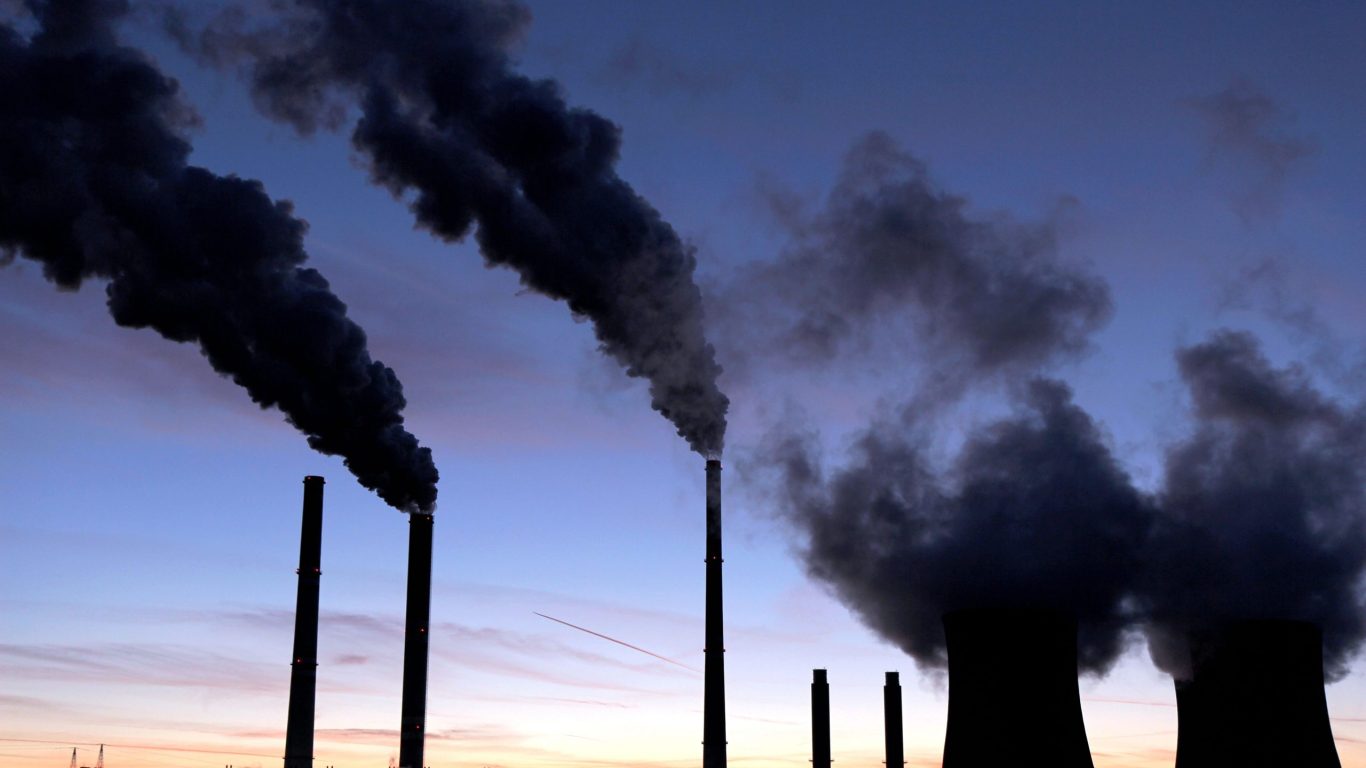We’re at that point of a COP where there’s predictable chaos. Heads of state have left and envoys are left in a liminal zone before ministers arrive, scrambling to prepare some form of landing zone for Saturday, when all workstreams have to report back and explain what they’ve been doing all week (queuing for food, hunting for water, losing wifi, wading through sewage). We think the presidency will start bilateral talks on what could form a ‘COP/cover decision’ (like the Glasgow Climate Pact) on Saturday, and this is where the politics could heat up as delegations wrangle over their respective priorities.
The vibe of the final text (excuse the musical metaphors) really depends in part on how much the COP27 cover riffs off COP26. Does it drop in notes on 1.5C and coal phase out, or signal agreement over ending the billions of state funds flowing into fossil fuels? Ghana’s climate envoy says the 58-nation strong Climate Vulnerable Forum (CVF) wants a commitment in this text to a new round of 1.5C-aligned climate plans in 2023.
On this, the CVF and Least Developed Countries (LDCs) are united. The chair of the 48-strong LDCs and Senegal climate minister Madeleine Diouf Sarr said Sharm must deliver a clear commitment to 1.5C, set a roadmap for a loss and damage facility and address slow progress on adaptation. Asked if private finance could fill funding gaps, she was blunt: “We are not in a position to wait for private [finance] to help the poor.”
If this really is an ‘African COP’ then logic assumes the Egyptian Presidency will push hard on concrete commitments to loss & damage and adaptation finance, not just process outcomes, which is where things appear to be currently heading. Nations on this continent face a 64% GDP hit under current policies. With little cash on finance day – the next 1-2 years look bleak for vulnerable countries that rely on bilateral and multilateral funds for support. It’s worth stressing – on current form – plans for a loss & damage facility in 2024 do not include a pot of meaningful finance.
On ‘Decarbonisation Day’, here’s some key numbers to keep in mind:
|
Climate hypocrisy
Fresh from decent midterm results, the US president will make a brief stopover in Egypt on his way to the G20, with a speech due at 17:30. “He’ll speak to his values. He’ll speak to his optimism. He’ll speak to the fact that the decisive decade is about delivery. And Joe Biden’s delivering results,” White House national climate adviser Ali Zaidi told Politico. All well and good, but the US is still the world’s top oil producer (20% global share) and top consumer (also 20%).
Indeed Climate Action Tracker analysis shows that 70% of gas projects – under construction, approved or proposed – are in North America. The US is also falling $32bn short of its ‘fair share’ of the $100bn target, says Carbon Brief. Still, expect Biden to major on his $370bn IRA climate deal. The big question ahead of his bilateral with Xi Jinping on 14 Nov is will US-China climate talks escape the deep-freeze?
Meanwhile Oslo is raking it in thanks to soaring energy prices and – in order to keep the good times rolling – is pushing the EU to commit to Norwegian oil and gas beyond 2030 in a new industry deal that might be announced in Sharm. But opening up the world’s northernmost oilfield, Wisting in the Arctic, is now on hold til at least 2026, the Norwegian oil giant Equinor announced yesterday. The Arctic is saved for the moment as it’s too expensive to drill even at current oil prices.
Similarly, Canada talks a good game in climate, disguising the fact that it (like its neighbour) is a vast fossil fuel state. It’s hosting an oil sands event featuring Suncor and Imperial Oil, who represent 95% of Canada’s oil sands production. They’re part of the Pathways Alliance, an organisation that’s betting its grandmother on CCUS, pledging to hit net zero while lobbying to water down or delay climate action, such as the federal cap on oil and gas emissions.
Youth organiser Hilda Nakabuye from Fridays For Future Uganda will be speaking against ‘Oil for Africa’ Friday at 13:00, while the East African Court of Justice will hear a case for an injunction to stop the construction of the multibillion euro East African Crude Oil Pipeline (EACOP) filed by four civil society organisations from Uganda and Tanzania. This story will only get bigger this year – the alternative Nobel Prize (Right Livelihood) is going to the Ugandan organisation leading the fight against the EACOP carbon bomb – Africa Institute for Energy Governance.





